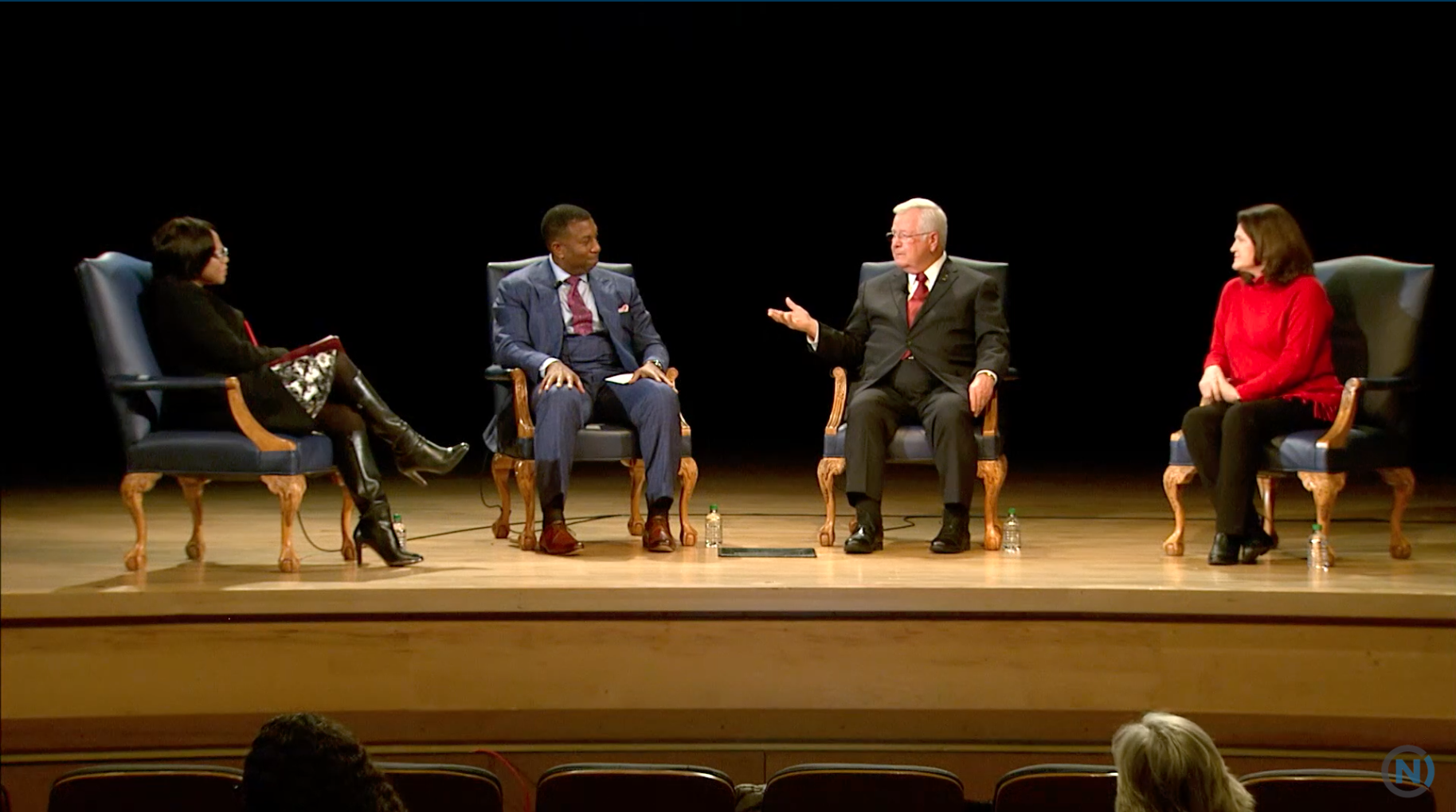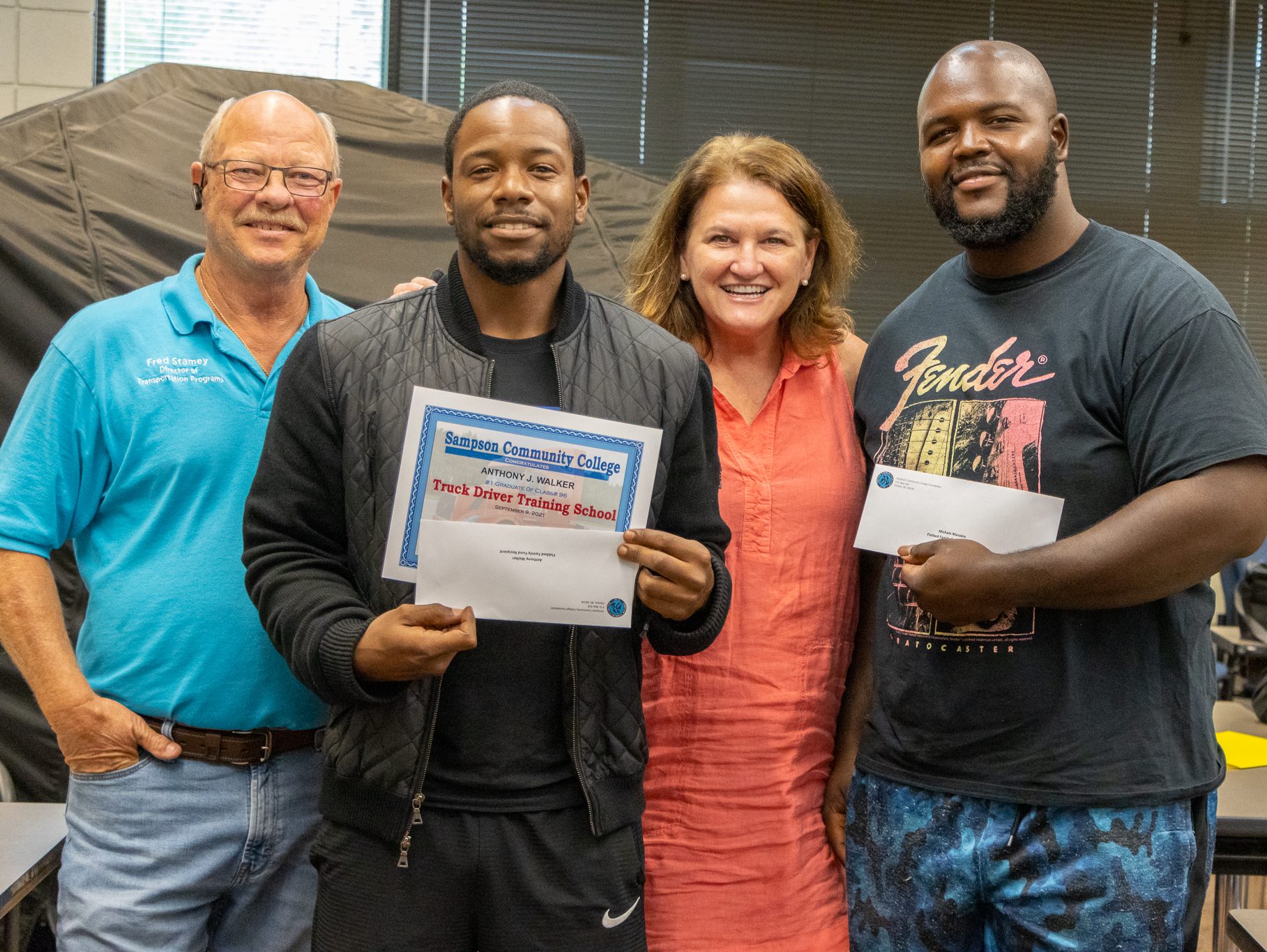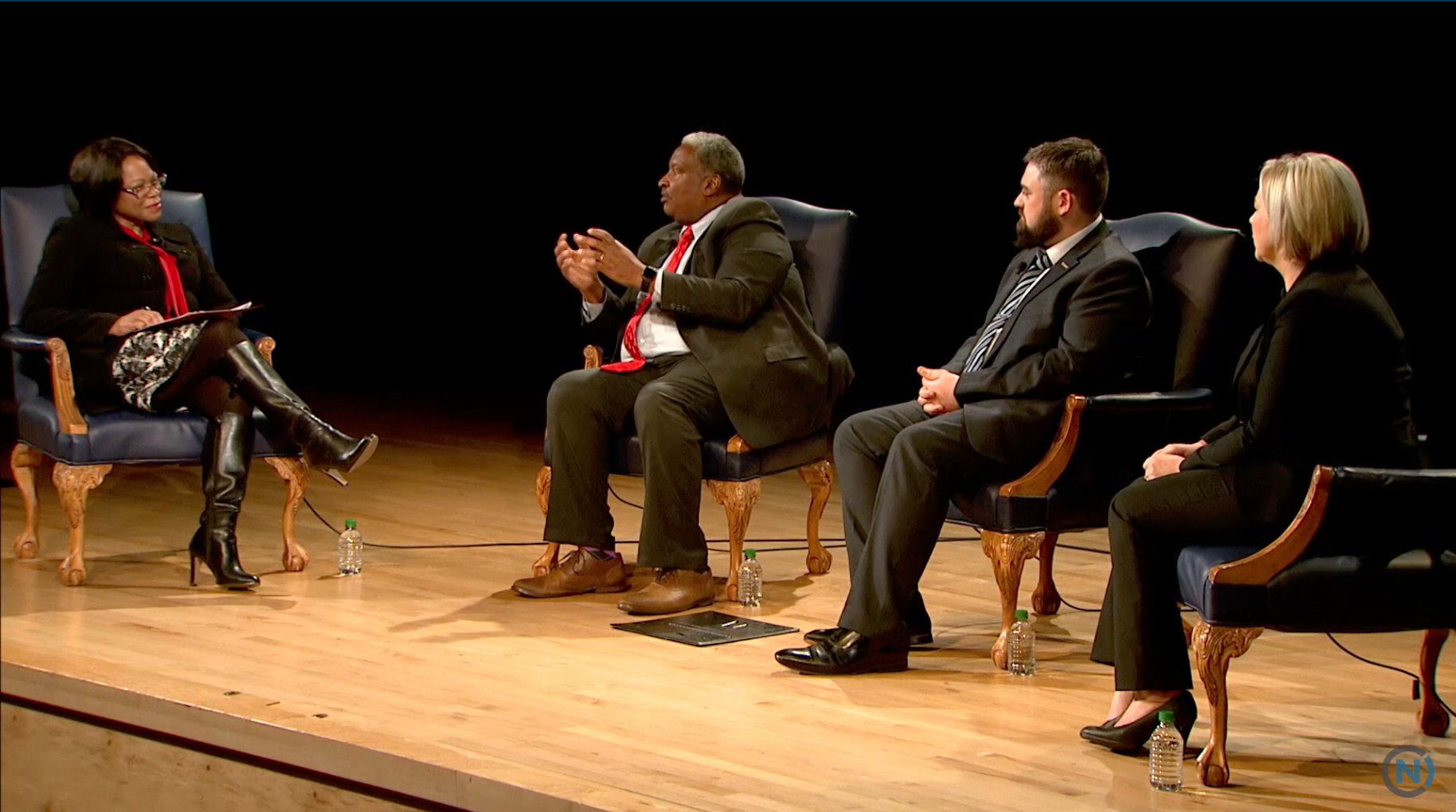Economic Recovery from the COVID-19 Pandemic in the Fayetteville Region
Early on in the pandemic, the City of Fayetteville recognized the impact that COVID related conditions would have on small businesses. Many would have to close their doors without income or employees. To combat these challenges, the City’s economic and community development department partnered with local organizations to set up a microloan program targeting small businesses.

The Challenge
As the state recovers from the COVID-19 pandemic, the economy remains at the forefront of everyone’s mind. From supply chain issues to staffing shortages currently facing many businesses, the pandemic remains challenging for small businesses. After the 2008 economic crisis, it took small businesses 50% more time to fully recover compared to large corporations. Small businesses face similar challenges recovering from the COVID-19 pandemic.
Workers also find it difficult to return to the workforce. Many had to leave during the early stages of the pandemic to care for relatives and a lack of support means they can’t take on a full-time job. Others may be able to return to work but are struggling to finish a post-secondary degree or credential to move up to a better paying position. At a recent Town Hall event in Fayetteville, we explored two aspects of this issue and how communities are tackling them: supporting small businesses and supporting workers as they return to the workforce.
The Solution
Early on in the pandemic, the City of Fayetteville recognized the impact that COVID related conditions would have on small businesses. Many would have to close their doors without income or employees. To combat these challenges, the City’s economic and community development department partnered with local organizations to set up a microloan program targeting small businesses. Quickly, $250,000 was approved to provide microloans of up to $10,000 each to small businesses to help them remain in business and pay their employees. The program was intentional in setting a low barrier to entry (reduced credit score requirement, no matching funds requirement, etc.) to increase the number of businesses eligible to apply. The microloan initiative also brought together community partners in an information sharing network, giving small businesses further resources and opportunities to seek additional help. As a result, 44 businesses received funding and were able to support 162 employees. Click here to learn about how Cumberland County is supporting workers returning to the work force.
Fayetteville State University (FSU) also put programs in place to help adult learners continue their education and participate in the workforce. The Bronco FinishLine Grant helps current and former students meet financial needs to be able to complete their degree and cross the “finish line.” The FSU grant is part of a larger network of FinishLine grants provided by the North Carolina Department of Commerce. Students with demonstrated financial need can apply for the $1,500 scholarship to help cover their needs while finishing degree requirements. As a stipulation of receiving the scholarship, recipients must participate in at last two activities designed to help them become more successful in a future career. Qualifying activities include a mock interview, resume review, career fair, and an advising session about how to use a degree in a future field. The FinishLine Grant program at FSU has been helpful in retaining students through the pandemic. A similar program exists at Fayetteville Technical Community College. Students can use the funds to cover financial emergencies which might arise during the completion of their degree. Eligible emergencies include auto repairs, child and dependent care, housing assistance, and assistance with tuition, fees, and supplies. These funds allow students to stay enrolled, finishing their degree even as they face challenges outside the classroom.
The Players
Disruptions along supply chains created many challenges in 2021. Shipping containers piled up in harbors, larger appliances and furniture remained on backorder, and drivers worked overtime to cover last mile deliveries. In response, Sampson Community College expanded their commercial driver license training offerings and facilities. Currently, they are able to support 100 students training for and receiving a commercial driver license (CDL), but with support from the US Economic Development Administration, Golden LEAF Foundation, and Cannon Foundation, the college expanded their training facilities and capacity. The increased support for the program will provide for additional drivers to be trained every year. Regardless of supply chain restrictions, additional capacity for CDL training is beneficial in providing additional opportunities for adult learners to obtain a post-secondary credential in a well-paying career, vital to both their long-term economic security and the region’s recovery.
The Mid-Carolina Regional Council, serving Cumberland, Sampson, and Harnett Counties, helped to connect smaller municipalities in the region with funding opportunities to support their communities. One such example is connecting regional employers and employees through NCWorks, which helps employers find and recruit qualified workers. Another organization, the Cumberland County Partnership for Children, connects parents with resources for children under the age of 5. These can be basic supplies such as diapers or car seats or finding childcare resources for parents looking to return to the workforce. Not only has the Council helped connect residents with resources, but it also helped connect individuals in the region who otherwise might not connect. These connections sparked additional collaboration across sectors, as the region recovers from the pandemic.
The Promise
Another constant during the pandemic is the disproportionate impact experienced by minorities, which includes the financial burdens and closure risks for minority-owned small businesses. The City of Fayetteville understood this concern and put programs and partnerships in place to help mitigate some of these effects. The Center for Economic Empowerment & Development (CEED) was able to quickly disseminate information about support programs to those who need it. CEED also supports women and minorities who are looking to start small businesses in the Sandhills region. They house a business center with resources and trainings to help prospective owners learn the ins and outs of running a small business. They also offer loan and microloan programs to assist businesses who need access to capital to start or support their venture, but do not have access to traditional means of capital. The network of information sharing promoted by CEED is a vital part of the economic recovery in Fayetteville, Cumberland County, and the larger Sandhills region. Watch this clip from the town hall event ncIMPACT Initiative hosted on this topic in December 2021.
Photo credits (in order):
https://visitdowntownfayetteville.com/donate/
Downtown Fayetteville
https://thevikingvoice.sampsoncc.edu/2021/09/14/local-truck-driver-donates-scholarships-to-students/
Photo of recent CDL grads



